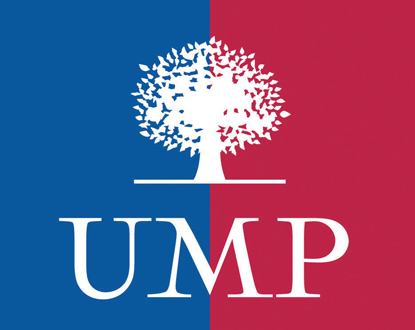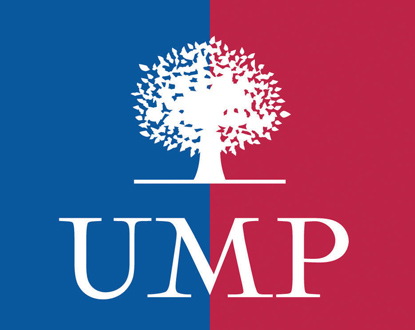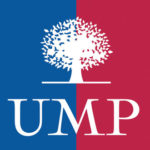More than 24 hours after the closure of the 650 polling stations, and following long hours of deliberations, the internal committee at the UMP responsible for organizing the election (Cocoe) finally appointed Jean-François Copé as president of the UMP, with a 98-vote lead over François Fillon.

The election of the UMP president was a debacle that turned into a farce because the behavior of both camps did not meet the expectations of the situation, with the goal of winning at all costs taking precedence over appropriate conduct and the regularity of the vote.
After an election campaign with outrageous propaganda, the vote was worthy of an old Central American banana republic, featuring ballot stuffing and other irregularities, with each candidate accusing the other of fraud.
But is what happened really surprising?
When the number of registered voters in certain departments (including the Alpes-Maritimes) far exceeds the national average, should we speak of a territorial context that triggers a passion for politics?
Are they all active citizens or rather more or less willing recruits to swell the number of voters when needed?
And with the practice of proxy voting, should we be surprised that some voters were “volunteers” without their knowledge?
Let’s just say that on this November Sunday, the miracle of the multiplication of loaves and fishes was renewed in the form of ballots…
We are left with dismay and a bit of irony…



